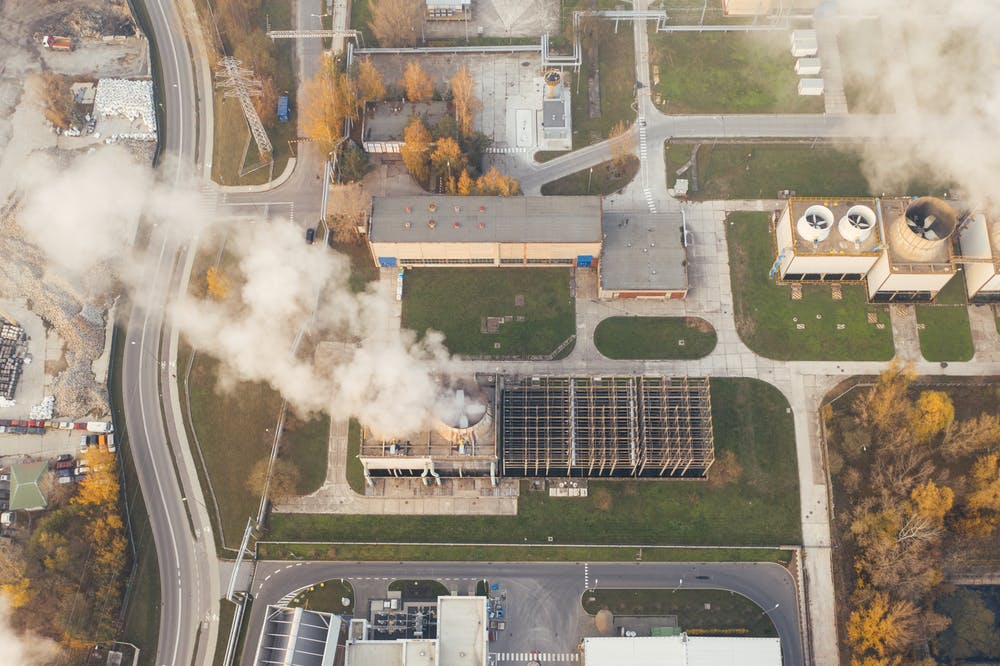
Mothers & Others For Clean Air deeply believes that access to clean air is an inherent human right. We acknowledge that communities of color often suffer from an unequal burden of toxic pollution. We are committed to confronting the systemic environmental racism which creates health disparities in Black, Indigenous, and People of Color (BIPOC) communities in the Southeast. Currently, Black community members across the country are protesting for their rights while BIPOC communities are suffering from COVID-19 at a disproportionate rate. During this moment in history, Mothers & Others For Clean Air offers the following resource to advance education and dialogue about Environmental Racism within our southeastern communities.
Environmental Racism refers to institutional rules and/or policies which target communities of color for undesirable land use or low enforcement of environmental regulations. Issues of environmental racism cause communities of color to experience environmental vulnerability and related health disparities based upon their race.
Whereas Environmental Racism refers to the disproportionate impact of environmental hazards on people of color, Environmental Justice is the response of a person, organization, or movement to issues of environmental racism. It is a well documented fact that communities of-color in the Southeastern United States have long suffered from lax environmental regulation.
In this blog series, Mother & Others For Clean Air will provide background information on major instances of Environmental Racism within our ten state region. The states we feature in this series will be: Alabama, Arkansas, Florida, Georgia, Louisiana, Mississippi, North Carolina, Tennessee, South Carolina, and Virignia.
For each state, we will highlight examples of environmental racism that have occured.
We will then highlight any of the following:
- Environmental Justice Advisory Committees in state government,
- Black, Indegionous, and People of Color (BIPOC) academics conducting Environmental Justice research in the state, and
- grassroots BIPOC led advocacy organizations within the state.
We do not believe that this is a comprehensive list of issues, leaders, or organizations within each state. Rather, we want to highlight a few issues and resources, and thus encourage all readers’ continued awareness and involvement with issues of environmental racism in their communities. We welcome anyone to share additional resources or thoughts with us.
Check back next week to see the first states’ blogs.




